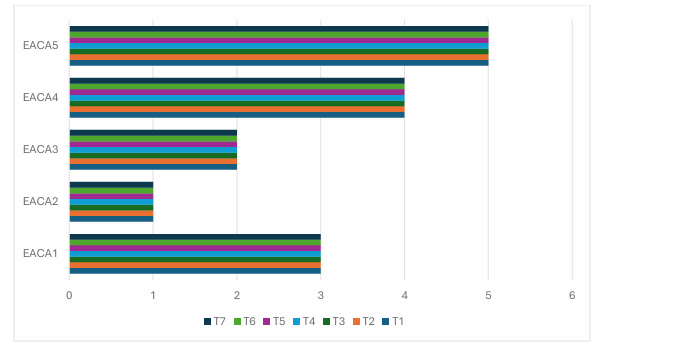Evaluating Pedagogical Effectiveness in Accounting Courses Using Neutrosophic Theory
Keywords:
Neutrosophic Logic; Pedagogical Effectiveness; Accounting Education; MCDM; Higher Education; Cognitive, Behavioral.Abstract
Evaluating pedagogical effectiveness in accounting education is inherently complex due to the
presence of uncertainty, subjective judgments, and the multidimensional nature of learning
outcomes. Traditional evaluation methods often fall short in capturing the ambiguity and
contradiction present in students’ cognitive, analytical, and ethical development. This paper
introduces a novel framework based on Neutrosophic Theory to assess the effectiveness of
teaching strategies in accounting courses. The proposed model integrates neutrosophic sets and
logic to handle the indeterminacy and inconsistency that commonly arise in educational
environments.
A multi-source evaluation system is developed, incorporating feedback from students,
instructors, and academic observers. This approach is suitable to manage uncertainty and
evaluate inconsistency in accounting education. The framework uses Neutrosophic Multi-Criteria
Decision Making (N-MCDM) and a customized Neutrosophic Pedagogical Effectiveness Index
(NPEI) to quantify teaching impact across cognitive, behavioral, and emotional domains. Case
studies from undergraduate accounting programs are used to validate the framework,
demonstrating its ability to provide nuanced, reliable assessments under uncertain conditions.
The findings suggest that incorporating neutrosophic models can significantly enhance the
transparency and objectivity of educational evaluations. This research contributes to both the
fields of accounting education and applied neutrosophy, offering a robust tool for curriculum
designers, educators, and quality assurance bodies in higher education.
Downloads

Downloads
Published
Issue
Section
License
Copyright (c) 2025 Neutrosophic Sets and Systems

This work is licensed under a Creative Commons Attribution 4.0 International License.






